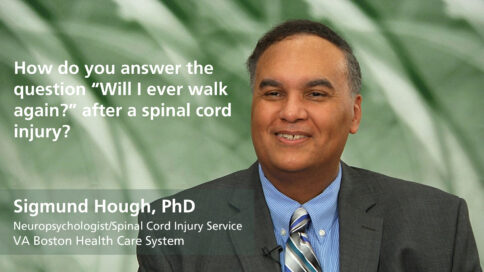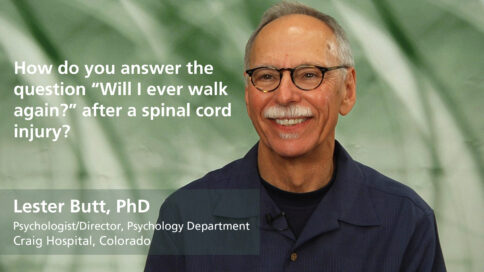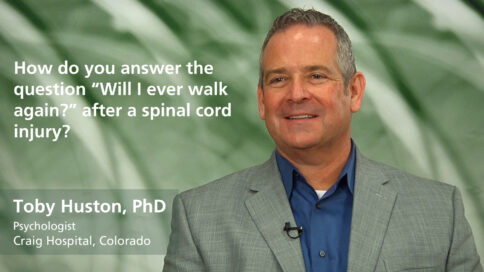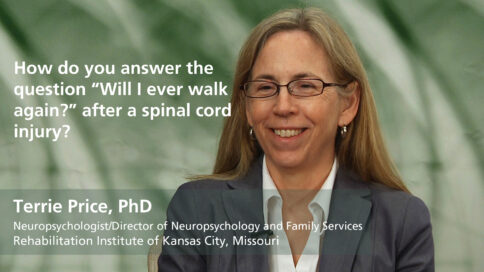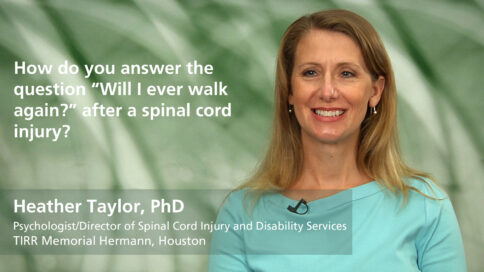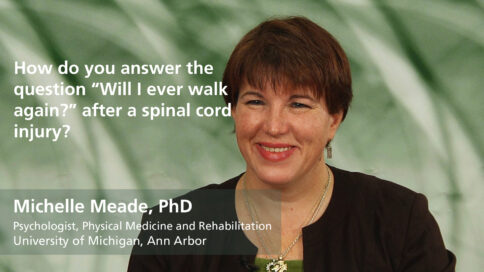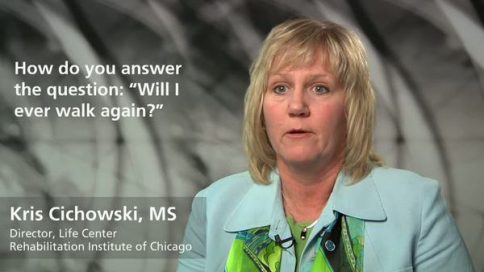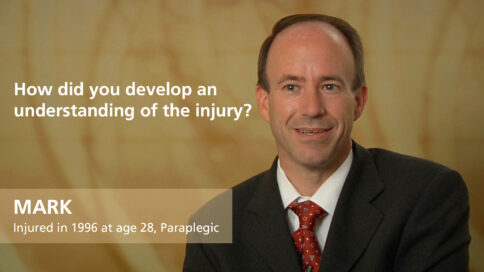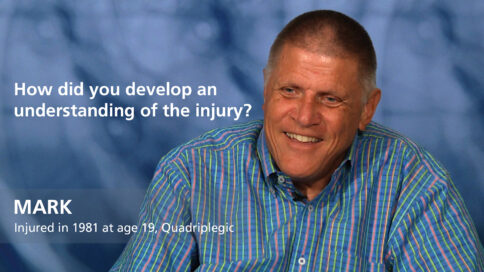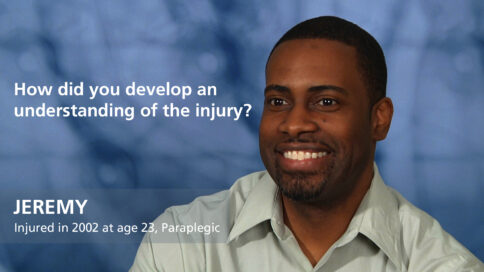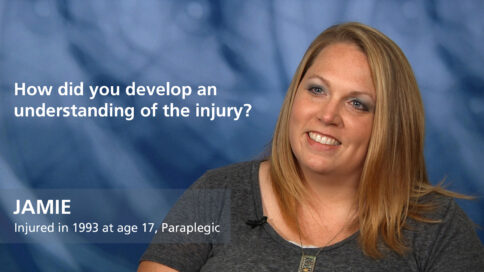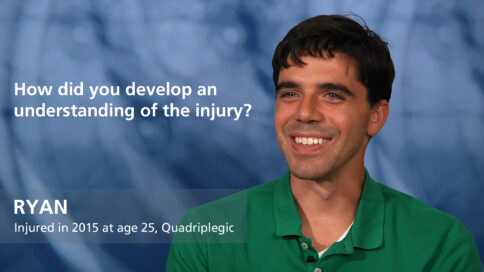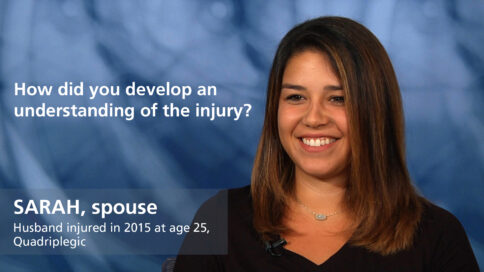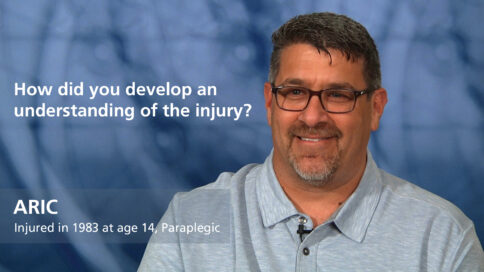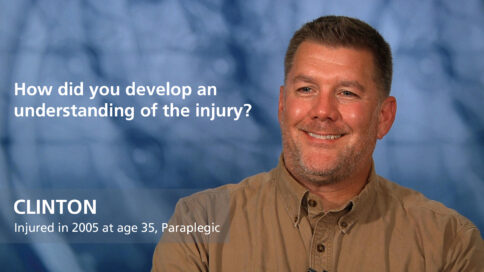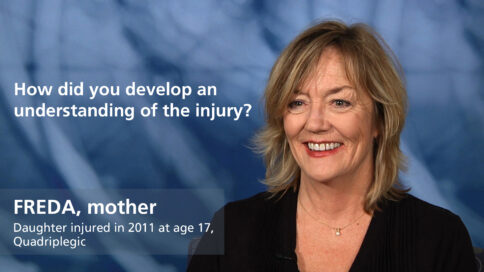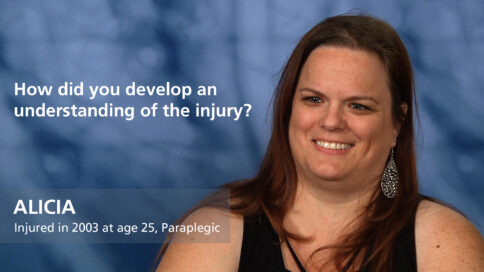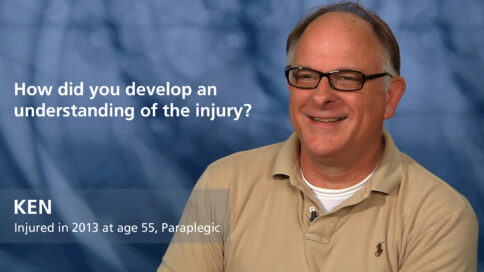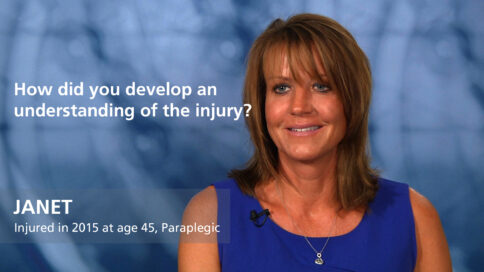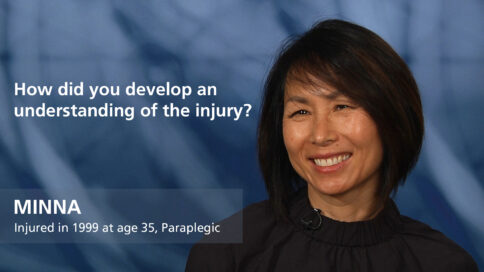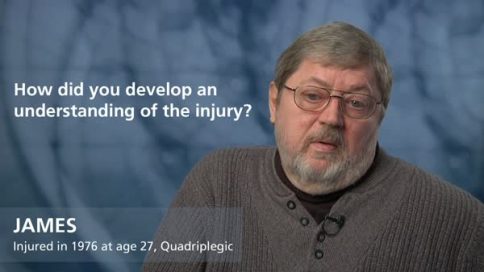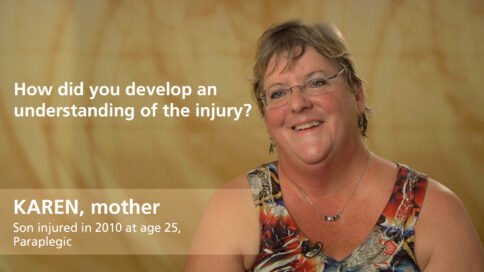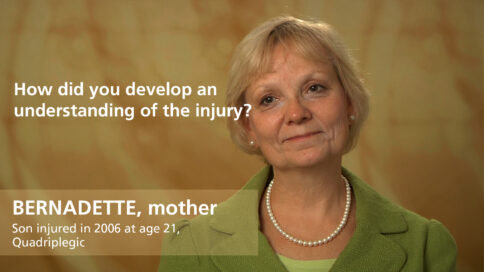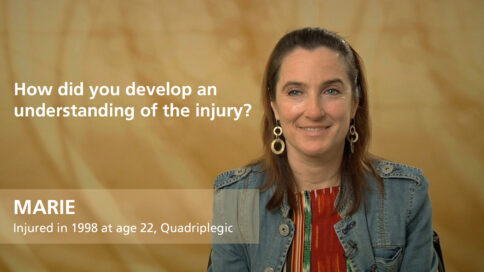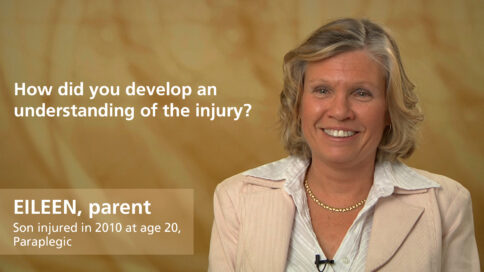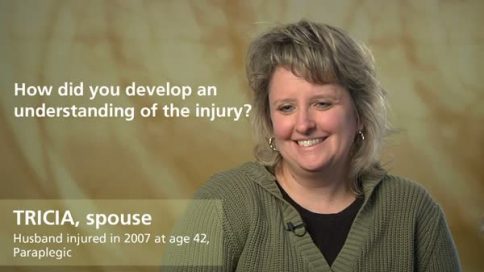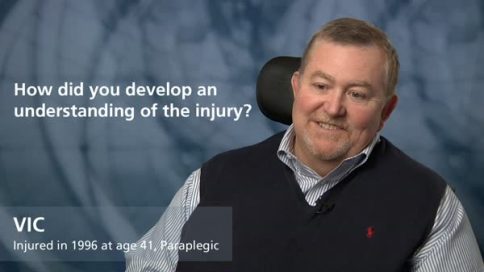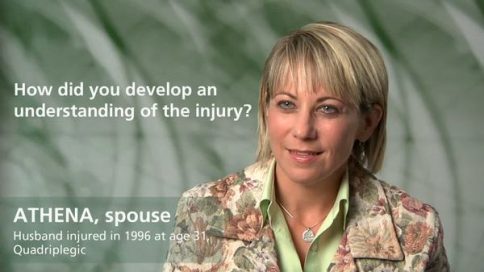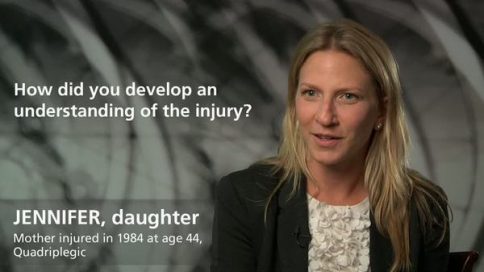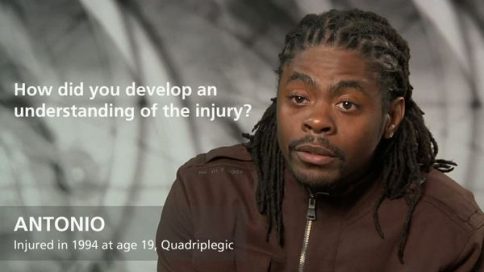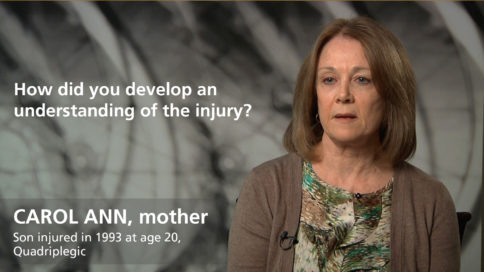How do you answer the question “Will I ever walk again?” after a spinal cord injury? - Donald Peck Leslie, MD
|
|
How do you answer the question “Will I ever walk again?” after a spinal cord injury? |
|
Donald Peck Leslie, MDMedical Director, Shepherd Center, Atlanta |
||
| Read Bio | More Videos by Donald Peck Leslie | |
|
Share |
||
Transcript
I have heard the question “will I ever walk again?” many times, and I’ve learned over the years never to say “never.” I think most patients know the answer to the question, particularly those who’ve had a severed cord from a gunshot wound, or a knife injury or a total dislocation of the spine. That’s tough, but something under 2.5-3 percent, right around 2 or 3 percent of persons who are complete injuries do revert to incomplete injuries. Possibly the nomenclature is such that it wasn’t right to start with that they were complete, but that being stated people do change. I try to have people to instill in my patients that they need to take care of themselves—their skin, their bladder, their bowel, their weight, all of the above. So that if things do change in the future, they’re ready for it. We’ve been very fortunate to be a part of the stem cell program here, which gives new hope to those who thought that maybe there was nothing that could change. But that being said, I still believe that if someone presses me, “do you really think I won’t walk again?” or “do you really think I will walk again?” in the reverse, I tend to try to be as honest as I can without totally taking away any glimmer of hope that they might not ambulate. I think it is interesting, new lightweight titanium chairs, I can’t keep up with them, they go faster than I. We just ran the Peachtree Road Race last week, the disabled individuals who run it run it faster than the fastest marathon runners in the world. So, it is a great thing and I tell people walking is overrated, it really is. You can still get there faster than anybody else and you can do it. You can drive from your chair and your car, you can get lockdowns in your vehicle. There’re so many things, there are new techniques and technology in chairs, standing chairs, electric chairs, chairs that go upstairs and downstairs, chairs that have motorized assists, there are so many things that we can help with assistive technology. So, the idea that walking is the end all and be all is not so. So, I tell people, I am truthful with them. It depends on the patient, if someone presses me I will tell them “do I think you will walk? I doubt that you will, if I were a betting man I’d bet that you won’t,” but I never say “never.”
Show Less|
|
||
add
How do you answer the question “Will I ever walk again?” after a spinal cord injury? |
||
Donald Peck Leslie, MDMedical Director, Shepherd Center, Atlanta |
More Videos by Donald Peck Leslie | |
| Transcriptadd | share | |
I have heard the question “will I ever walk again?” many times, and I’ve learned over the years never to say “never.” I think most patients know the answer to the question, particularly those who’ve had a severed cord from a gunshot wound, or a knife injury or a total dislocation of the spine. That’s tough, but something under 2.5-3 percent, right around 2 or 3 percent of persons who are complete injuries do revert to incomplete injuries. Possibly the nomenclature is such that it wasn’t right to start with that they were complete, but that being stated people do change. I try to have people to instill in my patients that they need to take care of themselves—their skin, their bladder, their bowel, their weight, all of the above. So that if things do change in the future, they’re ready for it. We’ve been very fortunate to be a part of the stem cell program here, which gives new hope to those who thought that maybe there was nothing that could change. But that being said, I still believe that if someone presses me, “do you really think I won’t walk again?” or “do you really think I will walk again?” in the reverse, I tend to try to be as honest as I can without totally taking away any glimmer of hope that they might not ambulate. I think it is interesting, new lightweight titanium chairs, I can’t keep up with them, they go faster than I. We just ran the Peachtree Road Race last week, the disabled individuals who run it run it faster than the fastest marathon runners in the world. So, it is a great thing and I tell people walking is overrated, it really is. You can still get there faster than anybody else and you can do it. You can drive from your chair and your car, you can get lockdowns in your vehicle. There’re so many things, there are new techniques and technology in chairs, standing chairs, electric chairs, chairs that go upstairs and downstairs, chairs that have motorized assists, there are so many things that we can help with assistive technology. So, the idea that walking is the end all and be all is not so. So, I tell people, I am truthful with them. It depends on the patient, if someone presses me I will tell them “do I think you will walk? I doubt that you will, if I were a betting man I’d bet that you won’t,” but I never say “never.”
